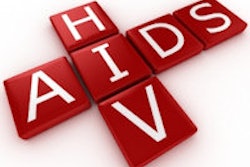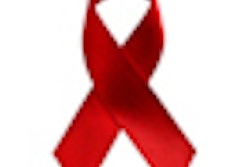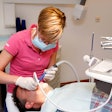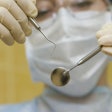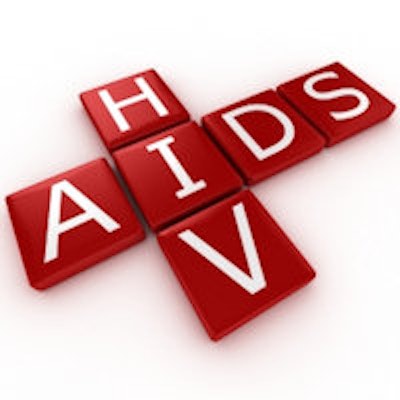
For people living with HIV/AIDS, dental care is an essential but often unattainable healthcare service. A recent American Dental Education Association (ADEA) policy brief argues that the Ryan White HIV/AIDS Program provides crucial dental care services that these patients could not otherwise access and that policymakers should continue funding at least some of the program's tenets.
The Ryan White HIV/AIDS Program is the largest disease-specific, discretionary health spending bill in the U.S. It covers essential medical services for low-income, underinsured, and uninsured patients living with HIV/AIDS. The Patient Protection and Affordable Care Act (ACA) covers some of the tenets of the program, but not all, including dental services.
“Without increased support, the HIV/AIDS community will continue to be plagued with oral health problems, and, consequently, poor overall health outcomes.”
More than 1 million adults in the U.S. are estimated to be living with HIV, and 1 in 6 adults do not know they are infected, according to the ADEA brief. HIV-related mortalities were the seventh leading cause of death for those ages 25 to 44 in 2010, and most new infections occur in large, urban areas and the South. Infections from heterosexual sex also are rising, accounting for 25% of new cases in 2010.
The Ryan White program helps these patients access core medical and support services, including outpatient care, dental care, pharmaceutical assistance, and mental health services. The program, first introduced in 1990, is not an insurance program, like Medicare or Medicaid, but rather works through a series of grants. It also places emphasis on oral health, containing two dental-specific programs: the Dental Reimbursement Program (DRP) and the Community-Based Dental Partnership Program (CBDPP).
Dental care is utterly important for these patients, because a minor oral infection can threaten their immune system, the ADEA brief noted. This is one reason the Ryan White program always listed dental care as a core medical service. In the policy brief, the ADEA urges policymakers to continue funding at least the dental care portions of the program, since they are a last resort for many living with HIV/AIDS.
"Without increased support, the HIV/AIDS community will continue to be plagued with oral health problems and, consequently, poor overall health outcomes," wrote the authors of the white paper that the ADEA policy brief is based on.
A last resort
In 2013, amidst the uncertainty surrounding the ACA, the U.S. Congress did not reauthorize the Ryan White HIV/AIDS Program, but its funding did not automatically stop because of a clause in its 2009 reauthorization. This left the program in limbo. It is currently operating under the Consolidated Appropriations Act, 2014.
 Data courtesy of "Understanding the History and Securing the Future of Ryan White Dental Safety Net Programs," ADEA Policy Center, January 2015.
Data courtesy of "Understanding the History and Securing the Future of Ryan White Dental Safety Net Programs," ADEA Policy Center, January 2015.Part of the uncertainty of the program's fate revolves around the question of its necessity with new ACA policies. For example, the ACA does not allow insurance companies to reject or price discriminate against someone because of a pre-existing condition, making it possible for some patients to be affordably insured for the first time since they were diagnosed.
However, while oral health is a core medical service of the Ryan White program, it is not under the ACA. Most states do not provide comprehensive adult dental insurance, and the overall health of these patients may suffer if policymakers choose not to continue funding the program, according to the ADEA.
"Healthcare reform should improve the overall health of [these patients] but significant gaps will still exist for oral health," the white paper authors wrote. "The DRP and CBDPP serve as one of the few points of access to dental services for this vulnerable population."
Dental care is too important to lose
The need for dental care is greater for those with HIV/AIDS than for the general population, according to the ADEA, as they are more at-risk for caries, oral candidiasis, and some cancers. DRP and CBDPP provide routine dental care and emergency dental services intended to prevent and diagnosis dental diseases and infections for people living with HIV/AIDS.
"The effects of unmet dental needs extend beyond pain and discomfort to lowered compliance with medications and poor nutrition," the authors wrote. "For example, most antiretroviral medications must be taken with food, which is challenging for those suffering from painful oral infections or with missing teeth."
Additionally, funding and reimbursement rates for the dental programs have not kept pace with the increasing number of these patients, according to the white paper. This causes burden on institutions that do provide care for those with HIV/AIDS.
"The low reimbursement rates are combined with administratively challenging reporting requirements that threaten participation in the program, as reflected by the 56 grantees participating in 2011 and 53 participating in 2013," the authors wrote.




